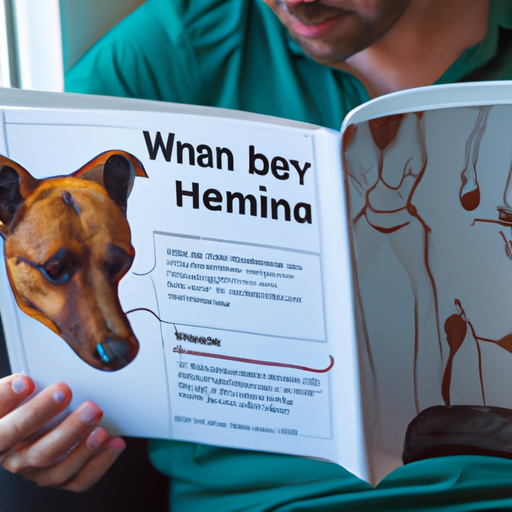Understanding Canine Hernias
You might be wondering, “What exactly is a hernia?” In simple terms, a hernia occurs when an organ or fatty tissue squeezes through a weak spot in a surrounding muscle or connective tissue. In dogs, hernias are commonly seen in the abdominal region. But what causes these unsettling bulges in our dear canine friends?
The Causes of Canine Hernias
Most hernias in dogs are the result of physical trauma. This could be from a sudden accident or an injury from rigorous play. However, some hernias are congenital, meaning they are present at birth. These are typically the result of a defect in the dog’s abdominal wall.
-
Traumatic Hernias: These hernias occur due to external forces such as a car accident, a fall from a significant height, or rough play.
-
Congenital Hernias: These are hernias that puppies are born with. They can occur when the puppy’s abdominal wall doesn’t fully close during development.
Recognizing the Symptoms of a Hernia
Being a keen observer of your dog’s behavior and appearance is key to early detection of a hernia. Here’s what you should look for:
- A noticeable lump or swelling on your dog’s abdomen or groin area
- Pain or discomfort in your dog
- Your dog seems lethargic or less active than usual
- Loss of appetite
- Changes in your dog’s bowel movements or urination
Hernia Treatment Options
Treatment options for hernias in dogs depend largely on the severity and type of hernia. Your vet may recommend one of the following:
- Observation: For small and non-threatening hernias, your vet might suggest a “wait and see” approach.
- Surgery: In most cases, surgery is necessary to repair the hernia and prevent potential complications.
| Treatment Option | When it’s used |
|---|---|
| Observation | For small and non-life threatening hernias |
| Surgery | For large, painful, or life-threatening hernias |
Frequently Asked Questions (FAQs)
Q: Can a hernia in a dog heal itself?
A: In some cases, small hernias may shrink over time. However, it’s important to seek veterinary advice to determine the best course of action.
Q: How can I prevent my dog from getting a hernia?
A: While congenital hernias can’t be prevented, you can minimize the risk of traumatic hernias by ensuring your dog doesn’t engage in overly rigorous play and is kept safe from potential accidents.
Q: Are certain breeds more prone to hernias?
A: Yes, some breeds such as Cocker Spaniels, Pekingese, and Basset Hounds are more prone to certain types of hernias.
Remember, when it comes to your dog’s health, you’re their best advocate. Always keep an eye on any changes in their behavior or appearance, and don’t hesitate to seek veterinary advice if you suspect something is amiss.



